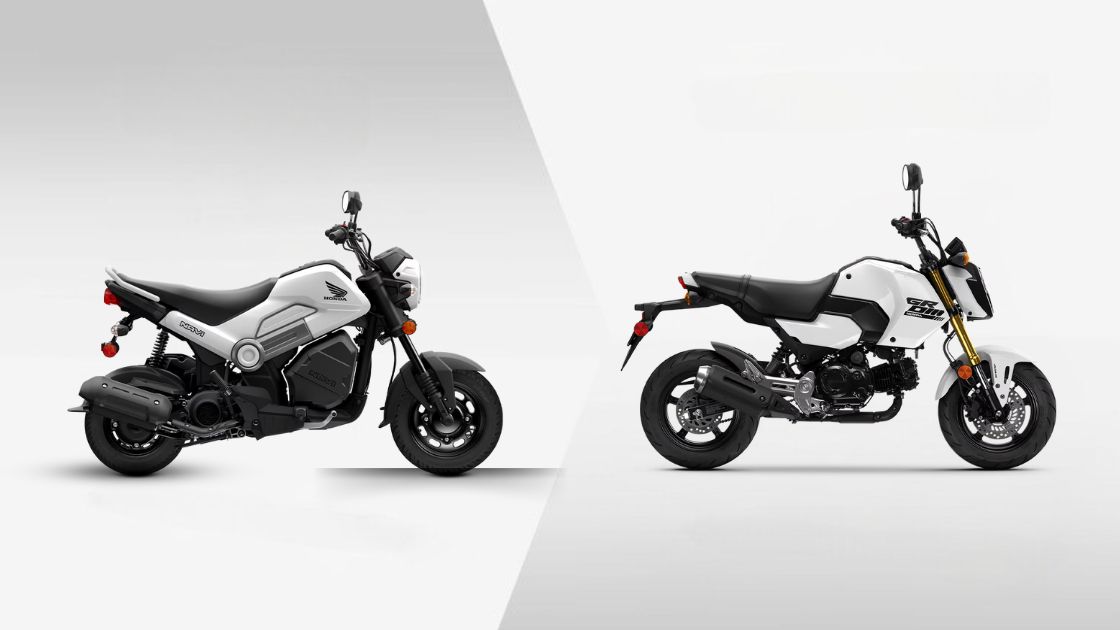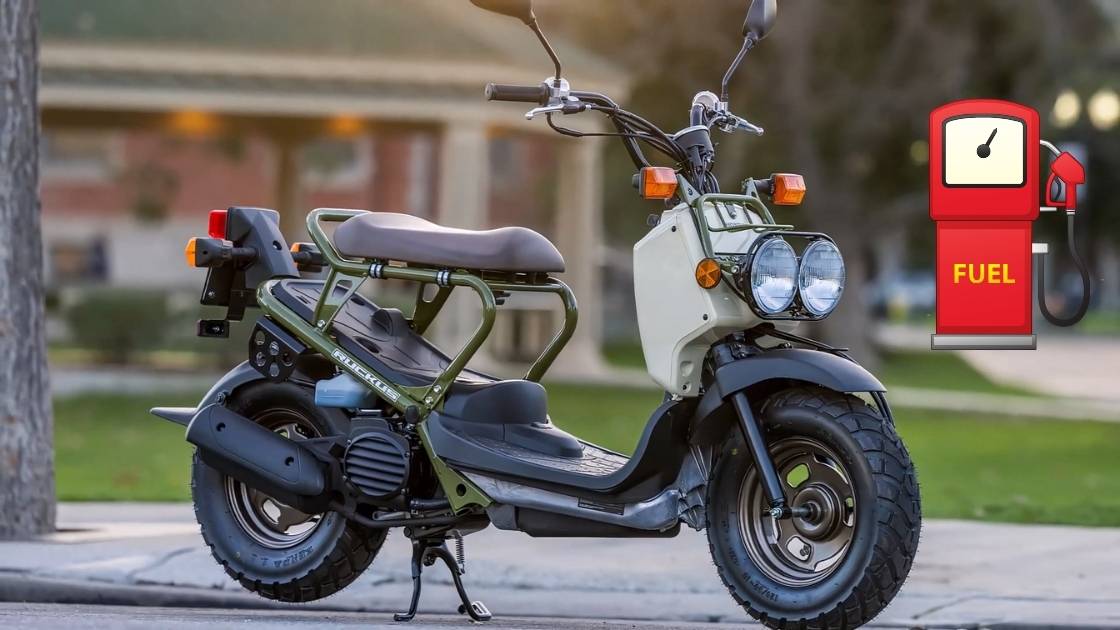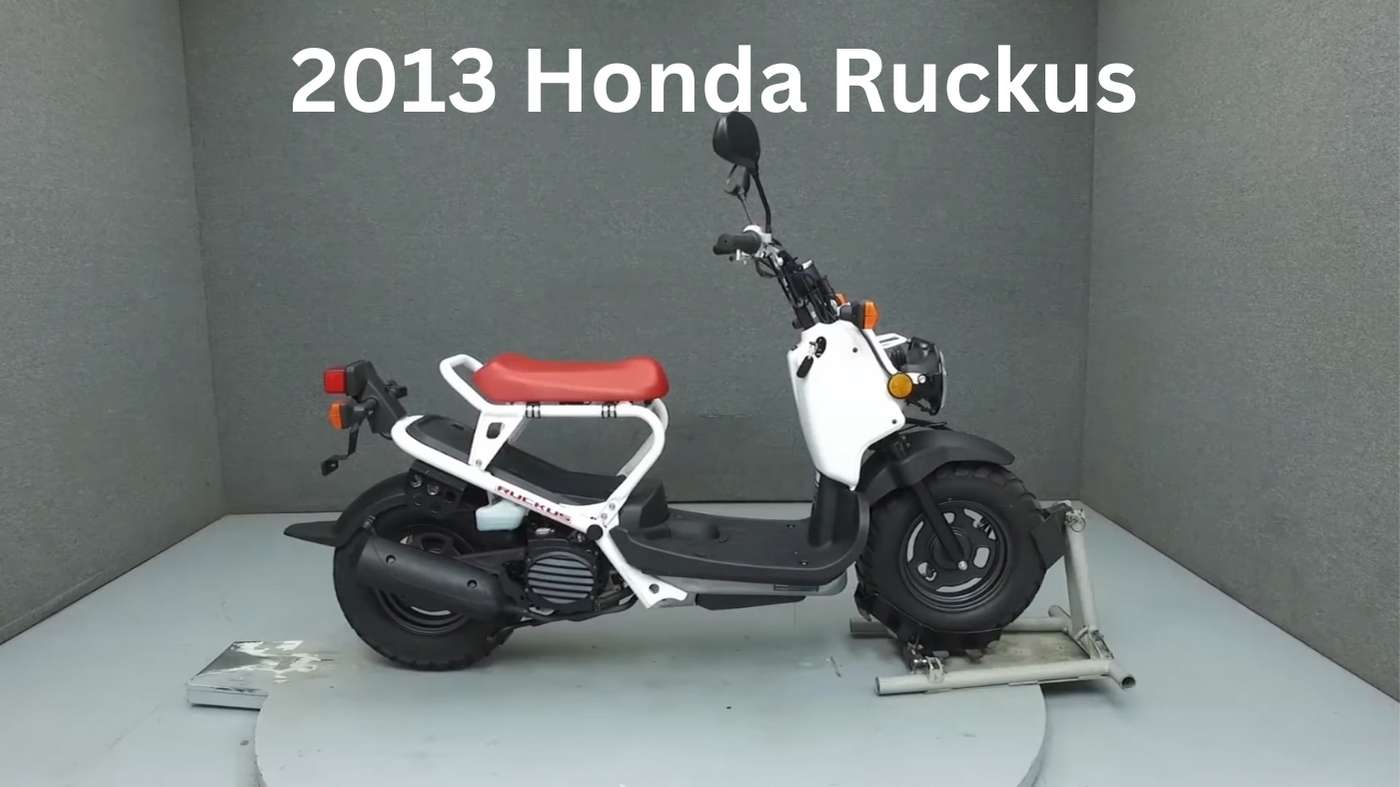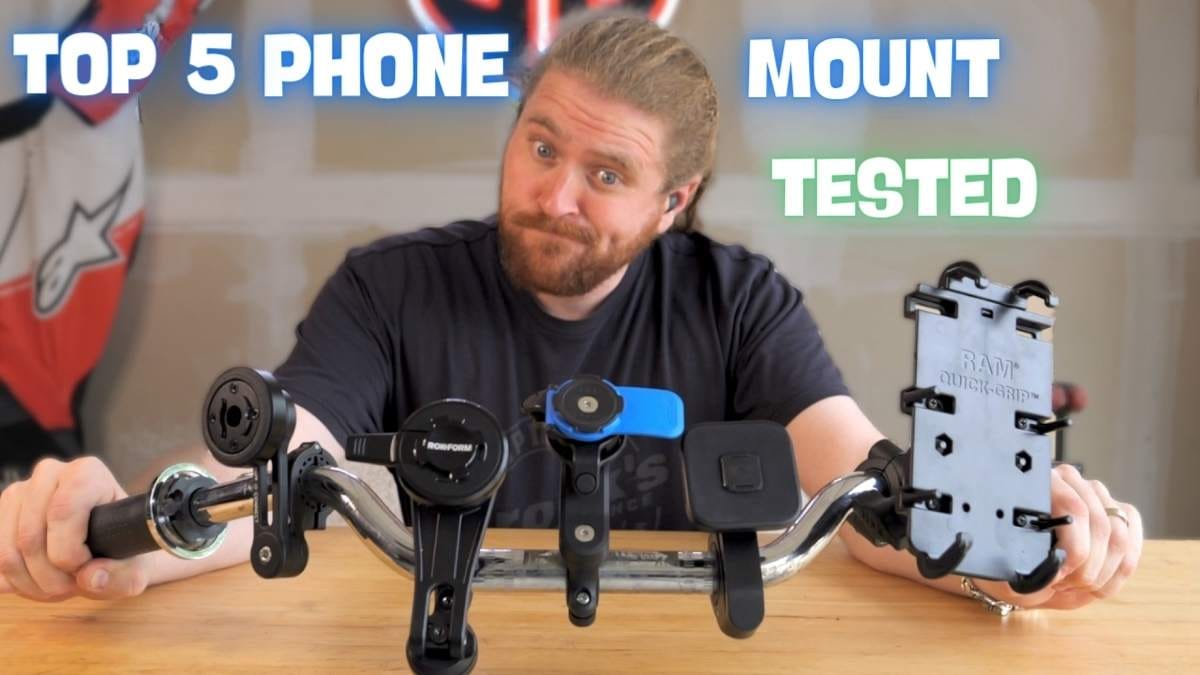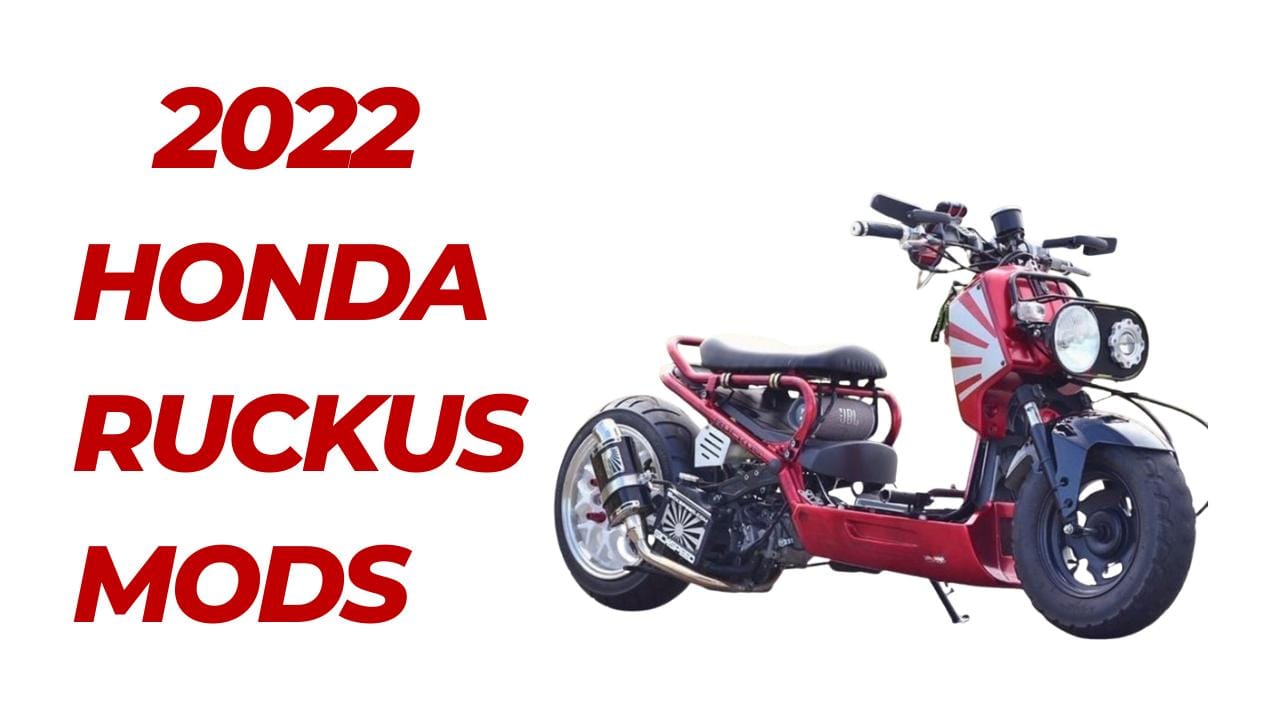You know that moment when you spot a Honda Ruckus on the road, and you can’t help but admire its rugged, stripped-down look? I’ve been there too, watching it zip by and thinking, I need one of those. But then reality hits: the price tag is a bit of a gut punch. That’s when I stumbled on Honda Ruckus clones, and let me tell you, it was like discovering a hidden gem. These scooters look just as cool and are a blast to ride, but they come at a price that won’t make your wallet cry. If you’re curious about how these clones stack up or you’re just hunting for a fun, affordable ride, I’ve got you covered. I’ll share what I’ve learned — the good, the bad, and everything in between. Trust me, you’ll want to stick around for this.
Table of Contents
ToggleWhat Are Honda Ruckus Clones?
First, let’s get the basics out of the way. A Honda Ruckus clone is a scooter that looks and feels like the Honda Ruckus but is made by a different manufacturer. These scooters are typically built to mimic the Ruckus’s iconic design but often come at a fraction of the price.
Think of them like affordable alternatives. While they don’t have the Honda name, they do offer similar aesthetics, and in some cases, even better performance.
Top Honda Ruckus Clone Models
If you’re thinking about getting a Ruckus clone, you’ll want to know which models are the best out there. Let’s look at some of the popular options:
Icebear Maddog

The Icebear Maddog is probably the most well-known Ruckus clone. It’s available in multiple generations (Gen I, Gen IV, and Gen V), each with slight improvements.
- Gen I: The classic design with a simple build. It’s great if you want the Ruckus look without spending too much.
- Gen IV: Offers a bit more in terms of comfort, with upgraded suspension.
- Gen V: The latest version with enhanced performance features, like a better exhaust and disc brakes.
The Maddog uses a GY6 engine, which is a standard engine in many Chinese scooters. It’s reliable and easy to find parts for, making maintenance simpler.
Ryker 150

The Ryker 150 is another great clone that looks similar to the Honda Ruckus but offers a 150cc engine. This makes it faster and more powerful than the original Ruckus, which typically comes with a 50cc engine.
If speed is your thing, the Ryker 150 might be your best bet. It’s got a sleek design, modern features, and a bit more pep when you hit the throttle.
Boom 125 and Denali 125


Both the Boom 125 and Denali 125 are good options if you’re looking for something closer to the 50cc range. These models offer a great balance of style and performance while being easier on your wallet.
They’re perfect for city rides and shorter commutes. Plus, they’re small and lightweight, making them easy to handle.
Performance and Specifications
You might be wondering how these Ruckus clones stack up against the original Honda Ruckus. Let’s break it down:
- Engine Options: Most Honda Ruckus clones come with a GY6 engine, which is common in many Chinese-made scooters. The GY6 engines range from 50cc to 150cc, so you can choose based on your needs. The original Ruckus only offers a 50cc engine.
- Speed: With a 150cc engine, clones like the Icebear Maddog and Ryker 150 can reach speeds of up to 55 mph. In comparison, the Honda Ruckus maxes out at about 40 mph.
- Fuel Efficiency: The clones offer similar, if not better, fuel efficiency, often getting around 100 miles per gallon.
Pros and Cons of Honda Ruckus Clones
Like anything, there are good and bad sides to consider before buying a clone.
Pros:
- Cost-Effective: You can get a Ruckus clone for much less than the original Honda Ruckus. Most clones are priced between $1,200 and $2,500, while a new Ruckus costs around $3,000.
- Customization: Many Ruckus clones are built with customization in mind. You can easily swap out parts, upgrade the exhaust, or add custom handlebars.
- Performance Options: With engine sizes up to 150cc, clones can be faster than the original.
Cons:
- Quality Concerns: Not all clones are created equal. Some may use cheaper materials, which can affect durability.
- Warranty Issues: While Honda offers a solid warranty, many clones come with limited or no warranty at all.
- Maintenance: Clones may require more frequent maintenance, especially if parts aren’t readily available.
Customization and Aftermarket Parts
One of the biggest draws of getting a Ruckus clone is the ability to customize it. Whether you want a stretch kit, fat tires, or a flashy new exhaust, the options are almost endless.
You can find parts on websites like eBay or through specialty stores that cater to scooter enthusiasts. There’s also a huge community of riders who share tips and tricks for making these scooters their own.
Legal and Registration Considerations
Before you rush out to buy a clone, make sure you know the legal requirements in your area. In many places, scooters with engines larger than 50cc need to be registered and insured. Some states also have different regulations for scooters made by non-Honda brands.
Check with your local Department of Motor Vehicles (DMV) to find out what you need. It’s better to be safe than sorry.
Maintenance Tips for Your Ruckus Clone
Owning a clone is a bit like owning a classic car — it can be a lot of fun, but it might need a little more love and care. Here are some tips:
- Regular Oil Changes: The GY6 engines found in most clones need regular oil changes to keep running smoothly. Aim to change the oil every 500 to 1,000 miles.
- Check the Brakes: Many clones use drum brakes, which need to be adjusted regularly for optimal performance.
- Inspect the Tires: Since many clones come with custom tires, checking the tire pressure frequently is a good idea.
User Reviews
I’ve talked to a lot of people who own Honda Ruckus clones, and the reviews are mixed but generally positive. Most owners love the look and feel of these scooters and appreciate the savings compared to buying an original Ruckus.
However, some users have had issues with reliability, especially with cheaper models. It seems that paying a bit more for a higher-quality clone, like the Icebear Maddog, can be worth it in the long run.
Is a Honda Ruckus Clone Right for You?
So, should you get a Ruckus clone? Here’s my take:
If you love the style of the Honda Ruckus but don’t want to spend the money, a clone is a great option. They offer similar aesthetics, a bit more power, and the chance to customize. Just be prepared for a bit more maintenance and do your research before buying.
Overall, I think they’re a fantastic choice for anyone who loves scooters and wants something unique without breaking the bank.
FAQs About Honda Ruckus Clones
What’s the price range for Honda Ruckus clones?
Most clones cost between $1,200 and $2,500, depending on the model and features.
Are Ruckus clones reliable?
It depends on the brand and model. Higher-end clones like the Icebear Maddog tend to be more reliable than cheaper alternatives.
Do I need a special license for a Ruckus clone?
It depends on the engine size. For 50cc scooters, you usually don’t need a special license. For larger engines, you might.



